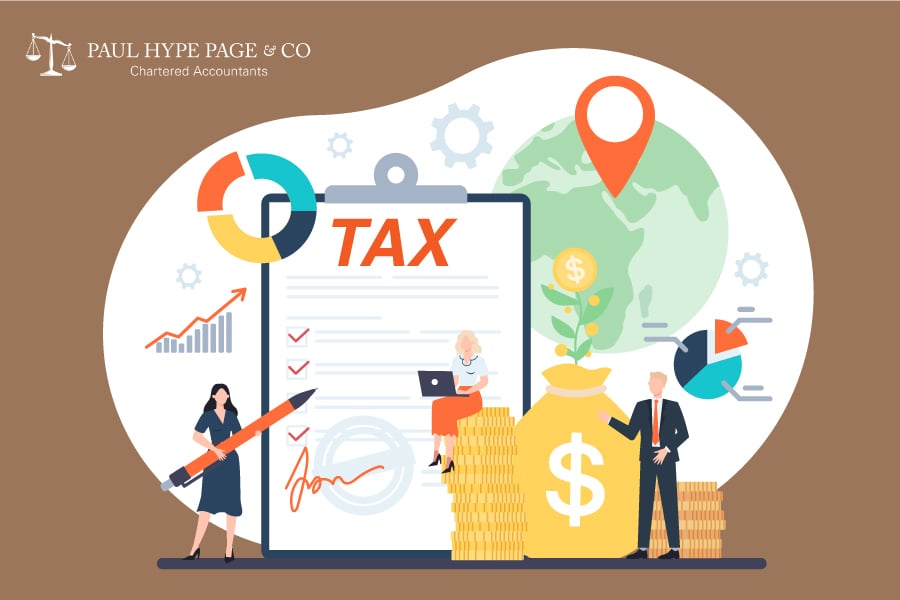Vietnam’s integration into the global economy has necessitated a significant shift in its accounting practices. The adoption of International Financial Reporting Standards (IFRS) and the alignment with Vietnamese Accounting Standards (VAS) are pivotal in this transition. This article explores the current state and future trajectory of these accounting standards in Vietnam, based on information from various sources.
International Financial Reporting Standards (IFRS)
IFRS has emerged as the most common accounting language globally. As of April 2018, 144 out of 166 jurisdictions surveyed required the use of IFRS. With Vietnam’s increasing integration into regional economics, the familiarity with and adoption of IFRS is becoming increasingly important for the country and its enterprises.
Impact and Challenges of IFRS Adoption
The shift to IFRS represents a major change in financial reporting and accounting practices. The process of transitioning to IFRS is challenging, often underestimated by companies in terms of time and resources required. Beyond being a mere technical accounting change, IFRS adoption can significantly affect day-to-day operations and reported profitability. Successful transition often involves using the opportunity to improve systems and processes, aiming for more efficient and meaningful financial information.
Vietnamese Accounting Standards (VAS)
VAS, comprising 26 standards issued between 2001 and 2005, are based on the older versions of the International Accounting Standards (IAS) and tailored to Vietnam’s economic and local enterprise conditions.
Transition to IFRS and VAS Convergence
In March 2020, the Ministry of Finance in Vietnam issued Decision 345/QDBTC, approving the “Application of Financial Reporting Standards in Vietnam” project. This aims to apply IFRS and the new Vietnamese Financial Reporting Standards (VFRS) from 2025, marking a significant transformation in the accounting landscape of Vietnam.
Differences between IFRS and VAS
Understanding the nuances between IFRS and VAS is pivotal for businesses in Vietnam, especially with impending regulatory transformations. These standards diverge in several critical areas, impacting how companies report their financials.
1. Revenue Recognition
IFRS: IFRS 15 provides a comprehensive framework for revenue recognition, emphasizing the transfer of control rather than the transfer of risks and rewards.
VAS: In contrast, VAS typically follows a risk and rewards model, which may lead to different revenue recognition timing compared to IFRS.
2. Income Taxes
IFRS: Under IFRS, deferred tax is accounted for using the balance sheet liability method, which focuses on temporary differences between the carrying amount of an asset or liability and its tax base.
VAS: VAS, however, has less emphasis on deferred tax considerations, potentially leading to variations in reported income tax expenses.
3. Fixed Assets
IFRS: IFRS allows for two models of fixed asset valuation: cost model and revaluation model. The revaluation model permits regular revaluations to fair value.
VAS: VAS generally adheres to the historical cost model, with limited scope for asset revaluation, leading to potential disparities in asset valuation.
4. Financial Instruments and Fair Value
IFRS: IFRS 9 introduces a comprehensive model for financial instruments, focusing on fair value measurement for most financial assets and liabilities.
VAS: VAS has a more simplified approach to financial instruments, often not recognizing certain types of derivatives and lacking detailed guidance on fair value measurement.
5. Business Combinations
IFRS: IFRS 3 requires accounting for business combinations using the acquisition method, focusing on fair value measurements for acquired assets and liabilities.
VAS: Under VAS, there is less emphasis on fair value in business combinations, often leading to a different treatment of goodwill and other intangible assets.
Conclusion
The adoption of IFRS in Vietnam, alongside the existing VAS, is an important step towards global financial integration and enhanced transparency in financial reporting. As Vietnam gears up for this transition, it is crucial for businesses to prepare for the changes and challenges ahead. Staying informed and seeking professional guidance will be key to navigating this significant shift in Vietnam’s accounting standards.


